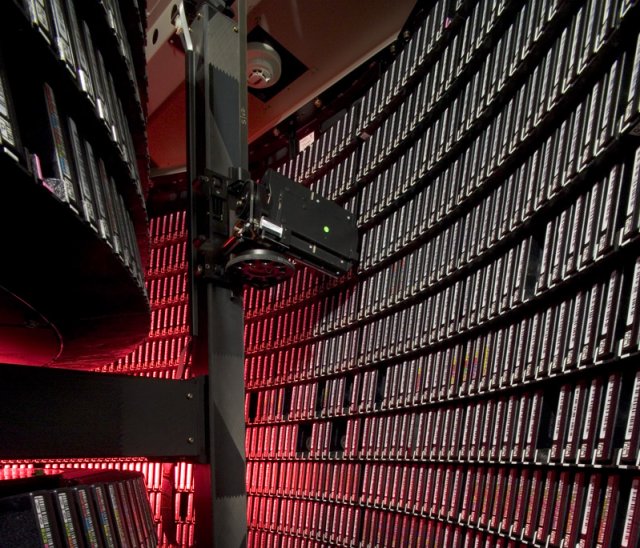Data wants to be free, but somebody has to pay for it
Ars Technica » Scientific Method 2013-08-08

While some in science continue to grumble in private about the need to share their findings with the wider public, there is now widespread—if not overly enthusiastic—acceptance among the scientific community that their work should be more transparent. Not that they may have much of a choice in the matter soon if the US Office of Science and Technology Policy (OSTP) gets its way. Earlier this year, the OSTP issued a widely circulated memo in which it called on all federal agencies with R&D budgets of over $100 million to come up with strategies to make their research data more publicly accessible by this September.
The catch: they need to do so without the benefit of additional money, setting up a chain of potentially untenable situations in which research funds would have to be sacrificed at the expense of data management funds, or worse.
In a Policy Forum published in today's issue of Science, Francine Berman, a professor of computer science at Rensselaer Polytechnic Institute, and Google Chief Internet Evangelist Vint Cerf argue that only by fostering greater private-public sector partnerships can federal agencies and researchers ensure that their data is more widely accessible and preserved for posterity. They start off by citing a few examples of successful public and private databases but go on to caution that most research data is at risk of becoming lost or "homeless" without better management. And they soberly conclude that there is no "magic bullet" that "does not require someone, somewhere, to pay."
Read 6 remaining paragraphs | Comments




